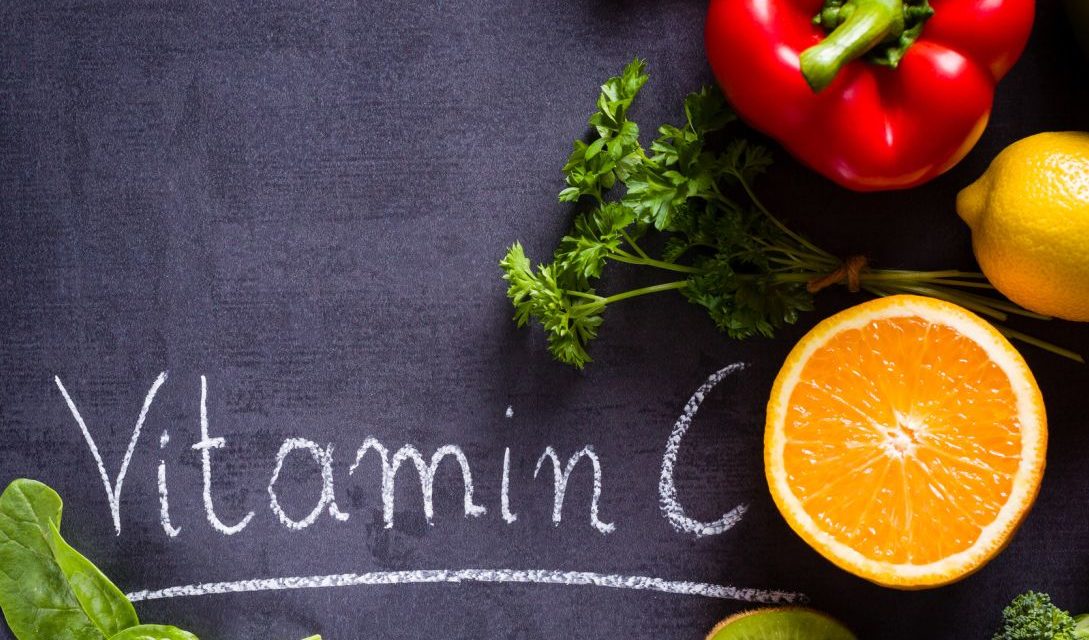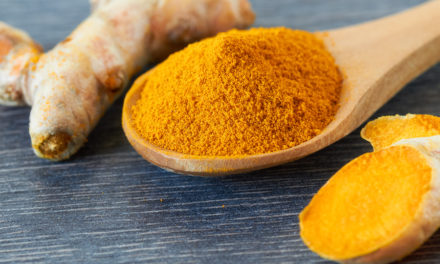According to a study appearing in the journal Neurology (2003;61:1273-1275), consuming foods containing vitamin C reduces the risk of stroke. Smokers seemed to benefit from this effect more than non-smokers.
The study involved 5,197 subjects, aged 55 years or older. The subjects lived in Rotterdam. None had any history of stroke or any cognitive problems. A checklist of foods and beverage consumed and an interview with a dietician was used to assess vitamin C consumption.
During an average follow-up of 6.4 years, 253 people had strokes, including 227 with ischemic stroke. Participants consuming less than 96 mg. of vitamin C each day were 34% more likely to have ischemic stroke than participants who consumed more than 132 mg. of vitamin C daily. Among the smokers, diets high in vitamin C were associated with a 72% reduction in stroke risk compared with diets low in vitamin C.
Although smokers with diets high in vitamin E were 23% less likely to have a stroke than those with diets low in vitamin E, there was no similar protective advantage for nonsmokers.
Another study, published in the journal, Stroke (October, 2000; 31: 2287-94) found that the risk of stroke was inversely proportional to the amount of vitamin C in the serum and the amount of vegetables eaten. That study involved over 2000 people in rural Japan. The group was divided into four groups—based on the amount of vitamin C in the blood. The subjects were followed over a 20-year period. The risk of stroke was 70% higher in quarter with the lowest level of vitamin C. There risk of stroke was over 50% lower among those who ate vegetables six or seven days each week, compared to those who only consumed them up to two days a week.






